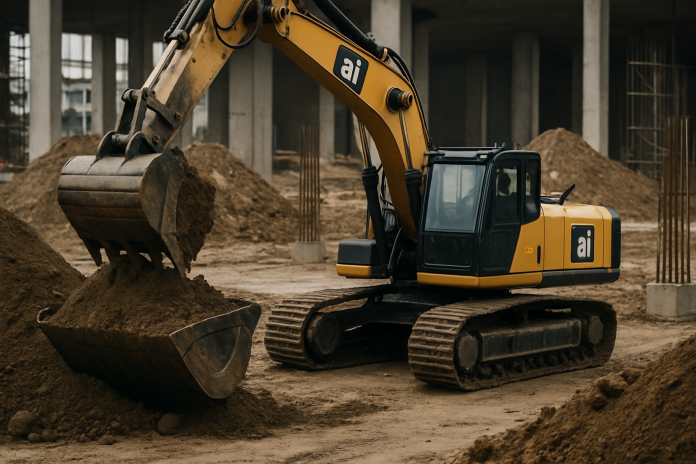Artificial Intelligence is slashing real estate construction costs by up to 25% and reducing project timelines by as much as 50%, promising lower home prices for buyers across India’s property market.
Boman Irani, chairman of the Confederation of Real Estate Developers’ Associations of India (CREDAI), revealed these transformative figures at CREDAI Natcon 2025 in Singapore, emphasizing how AI-driven cost savings will directly benefit homebuyers through more affordable housing.
Mumbai Project Demonstrates AI’s Speed Impact
The technology’s real-world impact is already visible in major projects. Jay Shah, founder of Kaizen AI, cited a Navi Mumbai development where AI implementation reduced the expected five-year construction period to just three years – a 40% timeline compression that showcases the technology’s practical benefits.
Shah’s company leveraged AI to refine project designs, increasing apartment carpet areas by significant margins while maintaining cost efficiency. ‘AI systems simulate multiple planning and execution scenarios, enabling developers to optimize resources and streamline construction processes,’ Shah explained.
Profit Margins Rise 10% Per Project
Developers adopting AI technologies are seeing profits increase by an average of 10% per project, according to Shah’s analysis. The technology impacts all construction phases from initial design to final inspection, delivering efficiencies in traditionally complex tasks including excavation and infrastructure mapping.
Once AI systems achieve full integration, developers can pass these cost savings directly to consumers, marking what Irani describes as a fundamental shift towards economically viable housing solutions.
Global Construction AI Market Surges
The broader construction sector is experiencing rapid technological adoption, with AI leading the transformation. A StartUs Insights report projects the AI market within construction will skyrocket from $4.86 billion to $22.68 billion by 2032 – representing 366% growth over the decade.
Autonomous machinery, predictive analytics, and AI-driven safety monitoring systems are among the key technologies reshaping construction methodologies globally. This growth trajectory underscores the urgent need for workforce skill enhancement and industry-wide reeducation programs.
Integration Challenges Remain
Despite promising results, firms face significant hurdles integrating AI with existing construction systems. Companies successfully navigating this transition are positioned to lead the market through enhanced capabilities in managing construction loads and optimizing design parameters.
Regulatory frameworks must evolve alongside technological adoption to ensure safety and ethical standards keep pace with AI implementation. This shift requires not only technical adaptation but comprehensive reevaluation of legislative structures supporting AI-driven methodologies while safeguarding public interest and worker safety.
Industry Transformation Accelerates
The real estate sector, traditionally resistant to rapid technological change, is increasingly embracing AI-solutions as competitive necessity rather than optional advantage. Early adopters are demonstrating that AI integration isn’t merely about cost reduction – it’s about fundamental reimagining of construction processes.
As the technology matures, the construction industry faces both unprecedented opportunities for efficiency gains and challenges in workforce adaptation and regulatory compliance.




